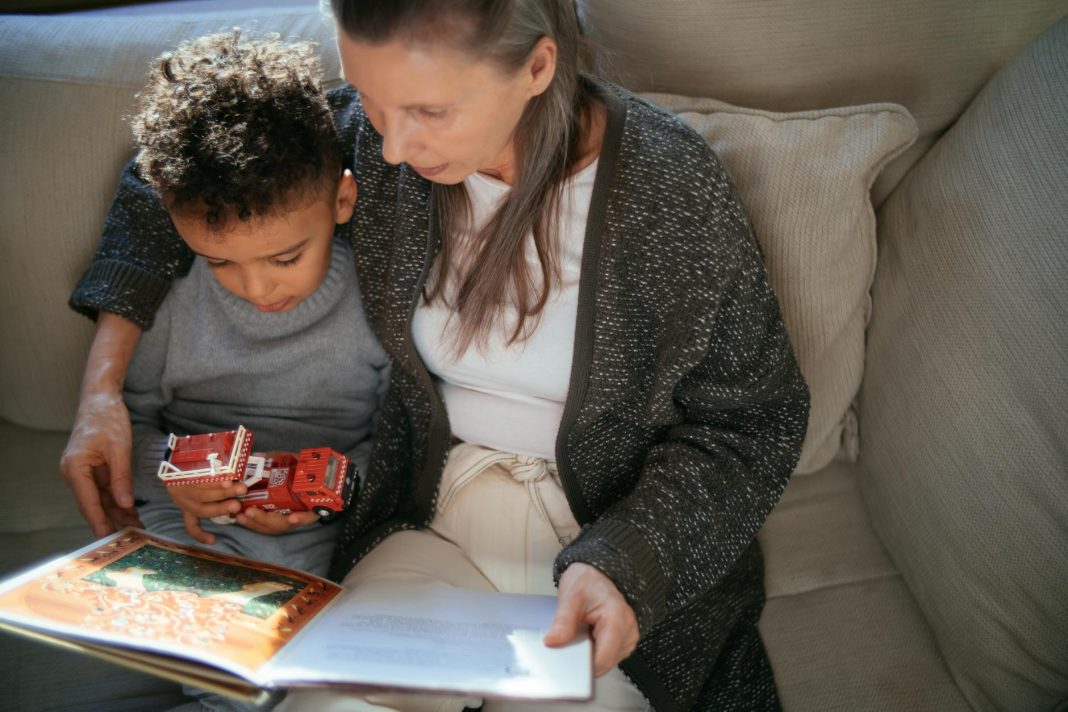Let’s face it, parenting is hard. And when it comes to your kids’ health, it can feel downright overwhelming. This isn’t a medical textbook; it’s a friendly chat about keeping your little ones happy and healthy. We’ll cover the basics, offer some practical tips, and hopefully, ease some of that parental anxiety.
Physical Health: The Building Blocks
Think of your child’s physical health like a sturdy house. You need a strong foundation of good nutrition, regular exercise, and sufficient sleep. Let’s break it down: Decoding the Mini-Human: A Parent's Guide to Kid Health
Nutrition: Fueling the Fun
Forget the food battles! Focus on offering a variety of healthy choices. Fruits, vegetables, whole grains, lean proteins – these are your superheroes. Don’t stress about perfect portions; just aim for balance. A little bit of healthy indulgence is okay too; life’s too short for broccoli-only dinners.
Limit sugary drinks and processed foods. These are the villains of the health story, causing energy crashes and contributing to weight issues. Involve your kids in meal prep; they’re more likely to eat something they helped make.
Exercise: Moving and Grooving
Kids are naturally energetic. Channel that energy into active play! Think park visits, bike rides, dancing to their favorite tunes, or even just a good old-fashioned game of tag. Aim for at least an hour of moderate-to-vigorous physical activity every day. It doesn’t have to be structured; spontaneous fun counts.
Sleep: The Unsung Hero
Sleep is crucial for growth and development. Establish a consistent bedtime routine. This could include a warm bath, reading a book, or quiet playtime. A dark, quiet room is essential for quality sleep. The recommended sleep hours vary with age, so check online resources for age-appropriate guidelines.
Mental Health: Nurturing the Mind
Just as important as physical health is mental well-being. Children face unique emotional challenges as they navigate the world. Open communication is key. Create a safe space where your child feels comfortable talking about their feelings, both good and bad.
Encourage emotional expression. Let them know it’s okay to feel angry, sad, or frustrated. Help them identify and manage their emotions through healthy coping mechanisms like talking, drawing, or playing.
Pay attention to changes in behavior. If you notice significant shifts in mood, sleep, or appetite, consult your pediatrician or a mental health professional.
Common Childhood Illnesses: Knowing the Enemy
From sniffles to stomachaches, childhood illnesses are a part of life. Knowing what to expect can help you stay calm and provide the best care:
Colds and Flu: The Usual Suspects
Rest, fluids, and over-the-counter medications (as appropriate for age) are your go-to strategies. Contact your doctor if symptoms worsen or persist.
Ear Infections: A Tiny but Powerful Threat
Ear infections are common, especially in young children. Symptoms include ear pain, fever, and irritability. A doctor can diagnose and treat the infection.
Stomach Bugs: The Great Equalizer
These viral infections can cause vomiting and diarrhea. Focus on hydration. Offer small sips of clear fluids to prevent dehydration. Consult a doctor if symptoms are severe or prolonged.
Prevention: A Proactive Approach
Prevention is always better than cure. Here are some simple steps you can take:
Handwashing: The First Line of Defense
Teach your children the importance of regular handwashing, especially before meals and after using the bathroom.
Vaccinations: Protecting Your Child’s Future
Vaccinations are a critical part of protecting your child from serious illnesses. Follow your pediatrician’s recommendations for a complete vaccination schedule.
Healthy Habits: Laying the Foundation
By establishing healthy habits early on – good nutrition, regular exercise, and sufficient sleep – you’re setting your child up for a lifetime of well-being.
Wellness Habits: Cultivating a Healthy Lifestyle
Beyond avoiding illness, cultivate a holistic approach to wellness. This includes:
Regular Checkups: Staying on Top of Things
Schedule regular checkups with your pediatrician to monitor your child’s growth and development and address any concerns.
Mindfulness and Relaxation: Calming the Chaos
Incorporate mindfulness activities like deep breathing or meditation into your routine. These techniques can help manage stress and promote relaxation.
Family Time: The Best Medicine
Spend quality time together as a family. This strengthens bonds and creates positive memories.
Remember, parenting is a journey, not a race. Focus on doing your best, celebrate small victories, and don’t be afraid to ask for help when you need it. You’ve got this!

